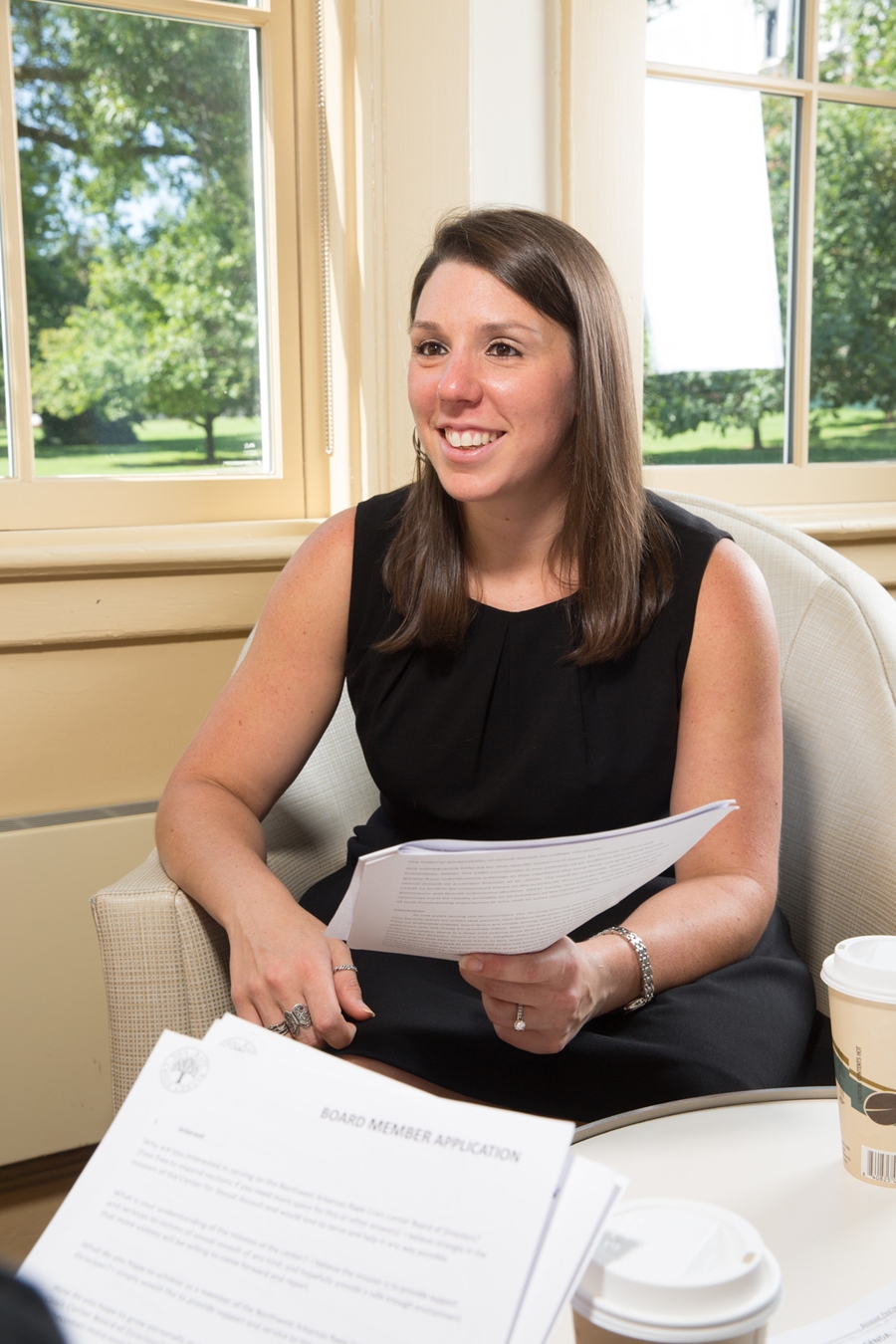FAYETTEVILLE, Ark. – A team of researchers looked at the ways students communicate refusal of sexual advances and found that, just as in conversations seeking consent for everyday activities, people express their refusal in a variety of ways beyond a direct verbal “no.”
The team of U of A researchers led by Kristen Jozkowski, associate professor of public health in the College of Education and Health Professions, published the findings earlier this year in the Archives of Sexual Behavior
The study was done through an anonymous paper-and-pencil survey administered to 773 heterosexual college students aged 18 to 25 at two large universities.
What the study found was that both men and women express their refusal to engage in sexual activity in three ways:
- Direct non-verbal refusals, which include turning away or otherwise physically distancing themselves from their partner.
- Direct verbal refusals, which include verbal expressions of refusal that include the word “no.”
- Indirect non-verbal refusals, which includes using body language to refuse sex, such as not responding or touching the partner back.
“We communicate about sex the same way we do about anything else,” Jozkowski said. “When someone asks us if we want to see a movie, we don’t shout ‘No!’ and leave the room. It violates our culture’s norms of conversation.”
Refusals could also involve delays in answering or giving excuses, rather than outright rejections, according to the study.
Jozkowski explained that sexual-assault prevention programs, in focusing on the explicit “no,” place the responsibility on women to verbally say “no.” This potentially implies that if a woman doesn’t say “no” clearly enough, she may be at fault if she is sexually assaulted.
Jozkowski pointed out that there is also a risk in being too explicit. “Women walk an emotional tightrope.” She explained. “If we refuse too forcefully, we’re called crazy or, worse, risk angering the perpetrator, which may escalate into violence.”
About the University of Arkansas: The University of Arkansas provides an internationally competitive education for undergraduate and graduate students in more than 200 academic programs. The university contributes new knowledge, economic development, basic and applied research, and creative activity while also providing service to academic and professional disciplines. The Carnegie Foundation classifies the University of Arkansas among only 2 percent of universities in America that have the highest level of research activity. U.S. News & World Report ranks the University of Arkansas among its top American public research universities. Founded in 1871, the University of Arkansas comprises 10 colleges and schools and maintains a low student-to-faculty ratio that promotes personal attention and close mentoring.
About the College of Education and Health Professions: The College of Education and Health Professions offers advanced academic degrees as well as professional development opportunities and learning communities in service to the education and health systems of Arkansas and beyond. The college provides the education and experiences for a range of professional roles, ranging from community mental health counselors to school teachers and leaders. Programs in adult and higher education, along with educational technology and sport management, and human resource and workforce development, offer a broad range of options. In addition to education-related opportunities, the college prepares nurses, speech-language pathologists, health educators and administrators, recreation professionals, rehabilitation counselors and human performance researchers.
Topics
Contacts
Kristen Jozkowski, Associate Professor of Public Health
College of Education and Health Professions
579-575-4111,
DeLani Bartlette, writer
University Relations
479-575-5709,
